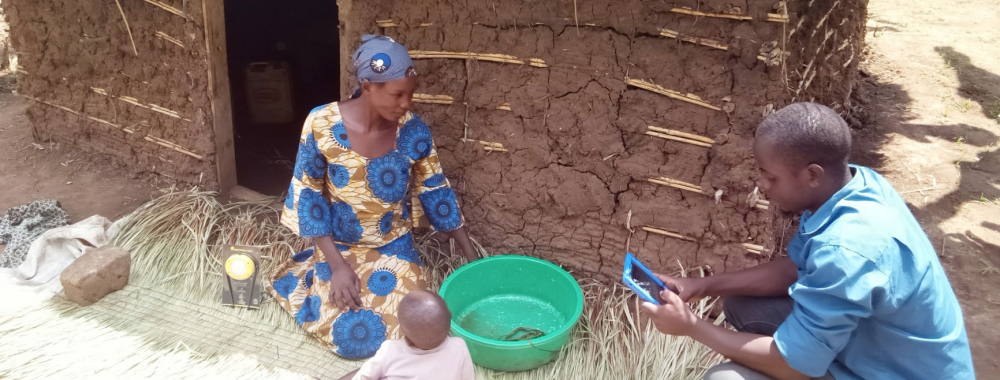By Sara Jog
Technology is on the rise more than ever and it is high time we understand what it brings to the table! Data collection and cloud-computing acts as fundamental components of technology, especially when focusing on research. What makes some research more credible than others? How do we differentiate ambiguous data from accurate data? These questions can often only be answered with the use of accurate technology. Human beings benefit from computer technology when compiling large volumes of data for data analysis purposes. The global social impact space relies more heavily on technology today in order to accelerate the work of philanthropy globally.
Dimagi, founded in 2002, out of MIT Media Lab and the Harvard-MIT Health Sciences and Technology programs is an award-winning social enterprise that aims to improve the efficiency and quality of impact work through the use of technology. It offers services, software products, toolkits and case studies to help users make data-driven decisions. Jonathan Jackson, CEO Dimagi, says ‘we’d like to see our technology in the hands of 1 million community health workers, but that alone would not be enough for success. We also need to demonstrate that the our technology is creating a high-value for the CHWs vs. other uses of capital towards community health.
The company founded its first software product, CommCare, which aims to provide mobile solutions to people in vulnerable areas of the world. In a study done by Johns Hopkins University, CommCare turned out to be the most popular mobile platform among frontline health workers in developing countries. In order to successfully reach the right audience, CommCare has also teamed up with Dimagi Academy to provide skills and knowledge on how to appropriately use and manage CommCare projects. They offer free, on-demand courses, study guides and special courses designed for organisations. CommCare works on a variety of issue areas but focuses primarily on health-related issues such as child health, ebola response, nutrition, mLabor, HIV aids and tuberculosis. Mobile data collection has been proven to help field based studies increasing efficiency, visibility and scalability. It has helped researchers to do their best work and maximise their impact.

Over the past decade, Dimagi has acquired sponsors who are pioneers in their respective focus areas such as Partners in Health, Novartis, USAid, Bill and Melinda Gates Foundation and One Acre Fund amongst others. With funding from major donors, the company has undergone extensive progress. Today, the company has expanded its offices to Senegal, India and South Africa while helping underserved communities in over 60 countries around the world.
Like Dimagi, technology used in effective ways can enable organisations to scale much faster than they could with a direct-service model. It amplifies the work being done by better track metrics to improve impact and refine their offerings. Innovative nonprofits are reaching new markets with technology than ever before. They are leading the charge in social impact and creating new avenues for education, healthcare, justice and global equity. Today, technology is cheaper and more accessible than ever and it is imperative that every start-up business considers how and why technology should be embedded into their programs in order to reap the benefits.


